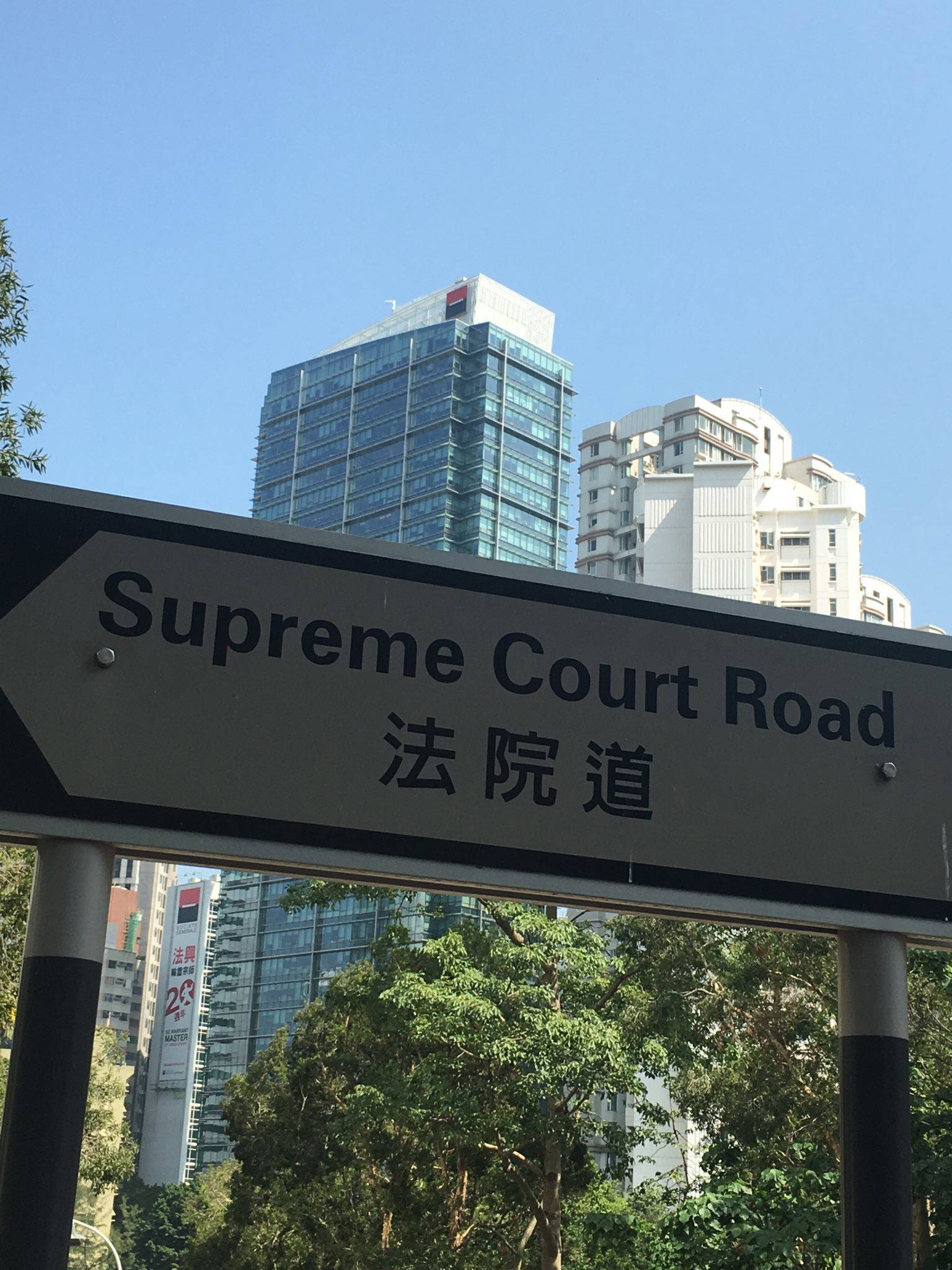
🌏 Asia Leads the Way in Mediation Reform — Lessons for the UK?
While mediation continues to gain traction across the UK, recent developments in Asia show how much further the model can be taken. Countries such as India, China (via Hong Kong) and Singapore are not only embracing mediation but embedding it at the heart of their justice systems—through legislation, international cooperation, and large-scale initiatives to tackle backlogs and reduce adversarial litigation.
So what can we learn from the East?
🇮🇳 India: Mediation as a National Strategy
India has taken bold legislative steps with the Mediation Act, 2023, creating a national framework for court-annexed and pre-litigation mediation. The Act establishes a Mediation Council of India and empowers judges to stay proceedings and refer matters to accredited mediators. Significantly, it also provides for the enforceability of mediated settlement agreements, helping to build trust in the process.
In 2025, Indian courts launched a national “Mediation for the Nation” campaign, aiming to resolve millions of long-standing civil disputes. In West Bengal alone, the courts are tackling a staggering 35.6 million pending cases, with mediation centres deployed to clear the logjam in matrimonial, land acquisition, cheque bounce, and accident claims.
This is not merely policy—it’s a cultural shift.
🇭🇰 Hong Kong/China: Global Institution Building
On 30 May 2025, China, alongside over 30 other countries and international bodies, launched the International Organization for Mediation (IOMed). Headquartered in Hong Kong, IOMed aims to provide an international forum for state-to-state and investor-state disputes, rivalling the International Court of Justice and the Permanent Court of Arbitration.
Hong Kong’s judiciary is already making gains. In 2024, over 290 mediations were held in the Court of First Instance with a 46% settlement rate, and the HKIAC handled 503 new ADR cases, showing confidence in its dispute resolution ecosystem.
🇸🇬 Singapore: Consensual Dispute Resolution as Core Practice
The Singapore Mediation Centre (SMC) has mediated more than 6,500 cases since 1997, with a 67% success rate, and over 90% of disputes resolved in a single day. Singapore’s strength lies in its long-term commitment to institutional excellence—and it shows.
Singapore also played a leading role in the creation of the Singapore Convention on Mediation, the first international treaty enabling cross-border enforcement of mediated settlement agreements. With 57 signatories and growing momentum, it promises to do for mediation what the New York Convention did for arbitration.
📊 The Bigger Picture
🧭 What Can the UK Learn?
The UK has taken promising steps, including:
- The Family Mediation Voucher Scheme (now extended to March 2026),
- Strong judicial endorsement of mediation in NA v LA and Churchill,
- And new guidance encouraging earlier use of dispute resolution.
Yet the mediation paradox persists: even where mediation is available, cost-effective and often successful, many parties still resist it.
Asian jurisdictions are showing what can be achieved through:
- Legislative backing,
- Cultural change,
- And unwavering judicial encouragement.
At ProMediate, we believe mediation is more than an alternative—it is often the best route to resolution. Whether in family disputes, commercial claims, or workplace conflict, the message is clear: mediation works.
If Asia can lead the way, why not us?
Talk to ProMediate today about making mediation part of your dispute resolution strategy.
